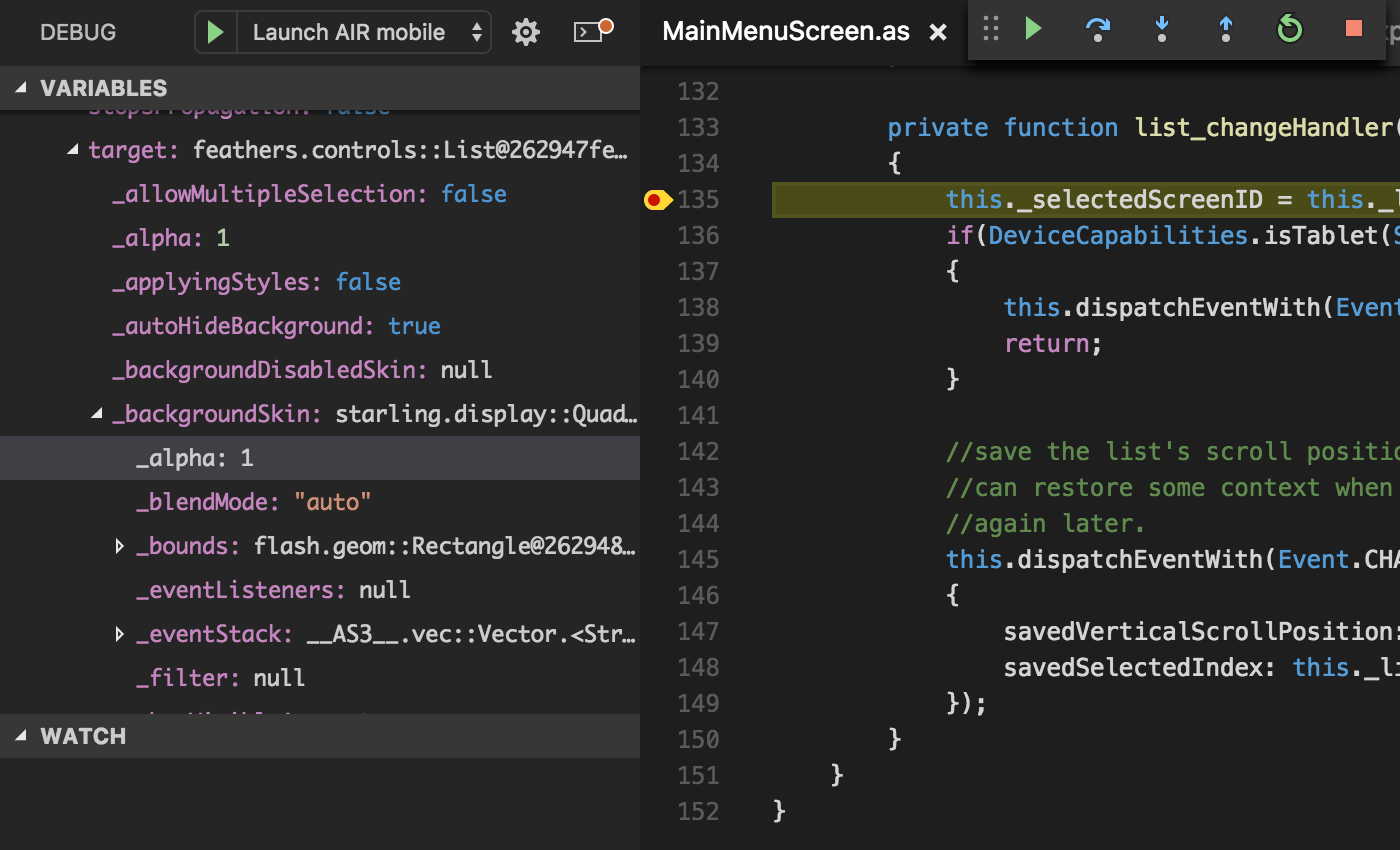

Download the project template and give it a try today! Today we’re also making available through VS Gallery a new C++ project template that serves as a starting point for showcasing Visual C++’s code sharing capabilities – it creates a fully functional cross-platform OpenGLES 2 application that targets Android, iOS and Windows 10. This post goes through the improvements we made in Visual Studio 2015 to streamline the reuse and code sharing throughout the edit-build-debug cycle for C++ developers. During the bring-up of these new platforms, a key requirement for our team was to make sure that Visual C++ provides an easy way to reuse code across all these platforms. This is in addition to its continued support for Desktop, Windows Store and Windows Phone.

The September 2020 1.0 release of the C++ extension enabled building and debugging on Linux ARM and ARM64 through remote-SSH with your compiler and debugger of choice.With Visual Studio 2015, Visual C++ supports three new platforms: Universal Windows Platform ( just announced), Android and iOS ( more info). Along with code editing features, the latest release supports building C++ projects on Windows ARM64! Linux ARM and ARM64 support This includes IntelliSense (things like quick info, autocomplete, and signature help), code navigation (find all references, go to definition/declaration), and refactoring (rename symbol). If you’re using a Surface Pro X, you now have access to the C++ extension’s rich feature set. What’s more, you can download VS Code builds for ARM and ARM64 architectures, meaning you can officially use VS Code and the C++ extension on a Raspberry Pi, Chromebook, Surface Pro X, and other ARM-based devices! To find out more about all the enhancements in the November 2020 update, check out our release notes on GitHub. The latest release of the Visual Studio Code C++ extension brings C++ IntelliSense and build support for Windows ARM64, Linux ARM and Linux ARM64 architectures.


 0 kommentar(er)
0 kommentar(er)
